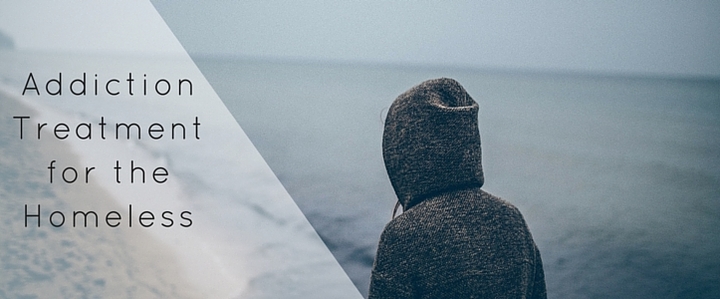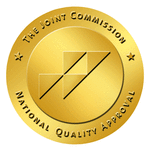What treatment options are available to the homeless? And where can a homeless person get help for addiction? We review here. Then, we invite your questions about addiction treatment for the homeless at th end.
The Homeless and Addiction Treatment
Although it’s difficult to accurately pinpoint the number of homeless individuals who abuse drugs or alcohol with any certainly, recent studies have estimated the nearly half of all homeless individuals are substance abusers. This demographic has a much higher rate of substance abuse than the rest of the general population.
Homeless men and women are also much more likely to suffer from mental health disorders such as depression, mood disorders, and schizophrenia.
Options for the homeless and addiction treatment vary, but treatment for this demographic should include the following services.
- Educational and vocational services help homeless individuals become more independent and self-sufficient after treatment.
- Health services, such as routine checkups and medical services.
- Mental health services, including addiction treatment as well as treatment for other mental health problems.
- Residential services and beds, giving homeless individuals a safe place to live during treatment.
Homeless Drug Addiction Treatment
Despite the extra help that homeless individuals need during addiction treatment, the basics of homeless drug addiction treatment are generally the same as other types of treatment. For instance, homeless individuals are usually assessed before they go through detox and complete an addiction treatment program. Aftercare is another very important part of homeless drug addiction treatment. The steps in providing addiction treatment for the homeless are:
- Assessment is the first step in homeless drug addiction treatment. This first step allows addiction treatment specialists to determine the extent of a homeless individual’s addiction treatment. The initial assessment is also the time when an addiction treatment care plan is created, which outlines the type and duration of treatment and services needed.
- Detox is a period of time in which a homeless person’s body attempts to get rid of any remaining substances. This usually results in uncomfortable and sometimes dangerous withdrawal symptoms. Homeless individuals should typically go through detox in a dedicated detox facility under medical supervision. Not only does this reduce the risk of relapse, but it also allows doctors to supervise individuals during this time to help ensure their comfort and safety.
- Treatment for drug addiction is multi-faceted and requires a great deal of time and hard work. Homeless drug addiction treatment often includes individual behavior therapy and group therapy. Some homeless drug addiction treatment programs may include the use of medications to help alleviate some of the cravings for drugs.
- Social services are another important aspect of homeless drug addiction treatment. Homeless individuals in addiction treatment will often have access to educational, vocational, financial, and residential social services. These services help prepare homeless individuals to become self-sufficient and remain drug-free.
- Aftercare is the last step in homeless drug addiction treatment. Aftercare services can include weekly outpatient counseling sessions, group therapy sessions, and a stay in a transitional living facility. Homeless individuals with underlying mental health problems should also continue seeing a mental health specialist and taking any prescribed medication. Eventually, with their drug abuse behind them, many homeless individuals are able to move on and live productive lives.
Homeless Addiction Treatment Barriers
Not surprisingly, homeless individuals face a number of barriers to addiction treatment. Some of the more common homeless addiction treatment barriers are listed below.
- Denial
- Fear or distrust of authorities
- Financial difficulties
- Lack of insurance
- Unsure of where to turn to
Even addicted homeless individuals have places and people to turn to when they need substance abuse treatment. One of the first places that homeless individuals can turn to are local homeless shelters. Employees and volunteers in these shelters will often be able to point them in the right direction. Most homeless shelters and have pamphlets and other information available for addicted homeless individuals who are in need of addiction treatment.
Hospitals and community clinics are also good places for homeless individuals to turn to when they are looking for addiction treatment. Not only can these facilities point homeless individuals in the right direction, but they may also be able to help them figure out how to cover the cost of treatment as well.
Homeless Addiction Questions
If you or a loved one have any questions regarding homelessness and addiction or addiction treatment, feel free to leave a comment below. We try to address all questions and concerns in a timely manner, and we look forward to helping you and your loved one through this difficult time.


 RSS Feed
RSS Feed
